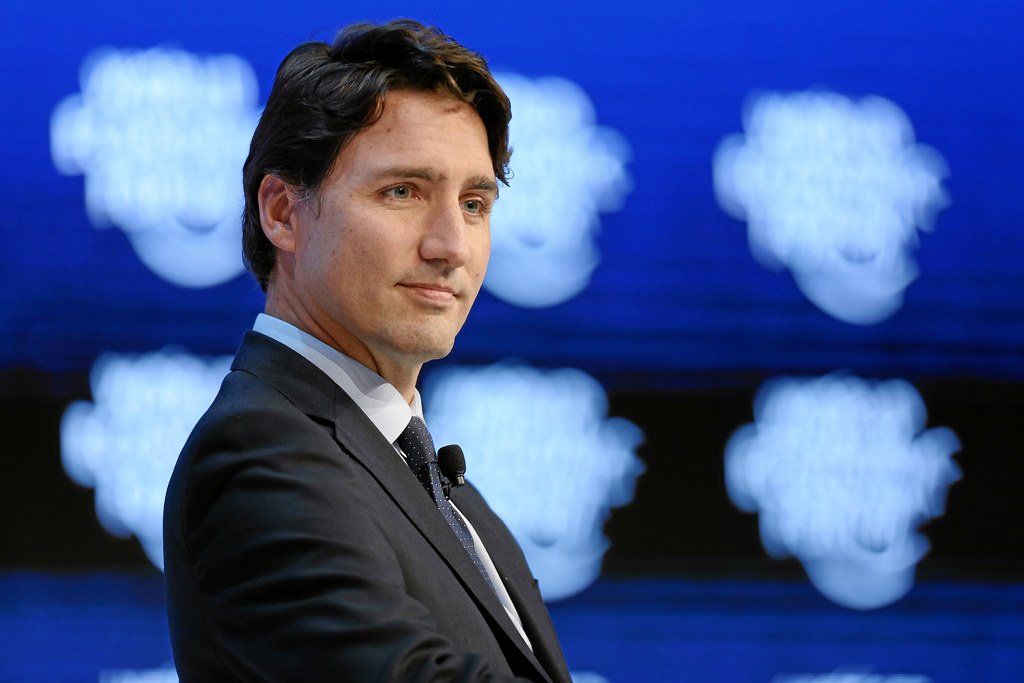The Canada Immigration Permits 2024 policy has taken center stage as Prime Minister Justin Trudeau’s government announces significant reductions in the number of study and work permits issued to international students and foreign workers. The changes come as part of the government’s efforts to tackle the housing crisis and rising cost of living, issues that have been partially attributed to the growing number of temporary residents, including students and workers.
In a social media post, Trudeau stated that his government would continue to reduce international student permits and crack down on individuals and organizations abusing the immigration system.
Reduction in Study Permits for 2024
The Canada Immigration Permits 2024 plan will see a 10% reduction in the number of study permits issued to international students, following a 35% cut implemented this year. In 2023, Canada issued 509,390 study permits, while for 2024, this figure will be reduced to 485,000, with further reductions expected in 2025. By 2026, the number of issued permits will remain steady at 437,000. These cuts are seen as necessary measures by the Canadian government to address concerns over housing availability, employment competition, and the rising strain on public services.
Trudeau acknowledged the importance of immigration to Canada’s economy but stressed that when the system is abused, action must be taken. “Immigration is an advantage for our economy, but when bad actors abuse the system and take advantage of students, we crack down,” he said in a post on X (formerly Twitter).
Impact of the Cuts on International Students and Workers
The Canada Immigration Permits 2024 policy changes are expected to significantly impact international students and workers, particularly those from India, which constitutes a large portion of the temporary resident population. Canada has relied heavily on international students and workers to fill gaps in its labor market and boost economic growth, but critics argue that the influx has contributed to the nation’s housing crunch and rising cost of living.
The Trudeau government’s move to reduce temporary foreign workers and restrict the number of study permits has sparked protests, especially from Indian students who have faced uncertainty regarding their residency status. Trudeau’s decision to place a cap on low-wage jobs and temporary foreign workers has further fueled these protests, as many fear deportation and the loss of job opportunities.
Government’s Response to the Housing Crisis
The Canada Immigration Permits 2024 cuts come at a time when Trudeau’s Liberal Party is facing mounting pressure to address the housing crisis, which has worsened in recent years. The surge in temporary residents, combined with insufficient housing supply, has pushed rent prices higher and made homeownership less accessible for many Canadians. The government has been criticized for not doing enough to build affordable housing, with the spike in international students and foreign workers seen as exacerbating the issue.
In response, the Trudeau government aims to reduce temporary residents to 5% of Canada’s total population over the next three years, down from 6.2% in 2023. This reduction would cut the number of temporary residents by around 20%, from the current 2.5 million to a more manageable figure.
Immigration Minister Marc Miller highlighted the government’s commitment to managing the flow of temporary residents and ensuring sustainability. He stated, “We need to ensure the number of temporary residents entering the country is at a sustainable level,” while announcing a plan to include both temporary and permanent residents in the government’s immigration targets.
Impact on Indian Students and Workers
India, being one of the largest sources of international students and workers in Canada, will be significantly affected by the Canada Immigration Permits 2024 changes. Indian students make up a substantial percentage of those seeking education and employment opportunities in Canada. The proposed reduction in study permits and restrictions on post-graduation work permits have raised concerns among Indian nationals about the long-term impact on their ability to stay and work in the country.
The Canadian government, however, insists that these measures are necessary to prioritize Canadian workers and youth in the labor market while ensuring that housing and public services are not overstretched.
Looking Ahead
The Canada Immigration Permits 2024 changes signal a major shift in Canada’s immigration policy, focusing on curbing the rise in temporary residents while addressing domestic issues such as housing and employment. While the move has drawn criticism from affected groups, including Indian students and temporary foreign workers, the Trudeau government maintains that these changes are essential for ensuring long-term stability and sustainable growth.
The reduction in temporary resident permits is also part of a broader immigration strategy aimed at balancing economic needs with social challenges. As Canada continues to navigate these complex issues, the government’s immigration policy will likely remain a key point of debate ahead of the next federal election in 2025.
Stay connected to know more on arcnews.online for global news like Canada Immigration Permits 2024. For videos updates visit our YouTube. Do subscribe to Arcnews to get latest updates directly in your mail box.
Have A Great Day.


